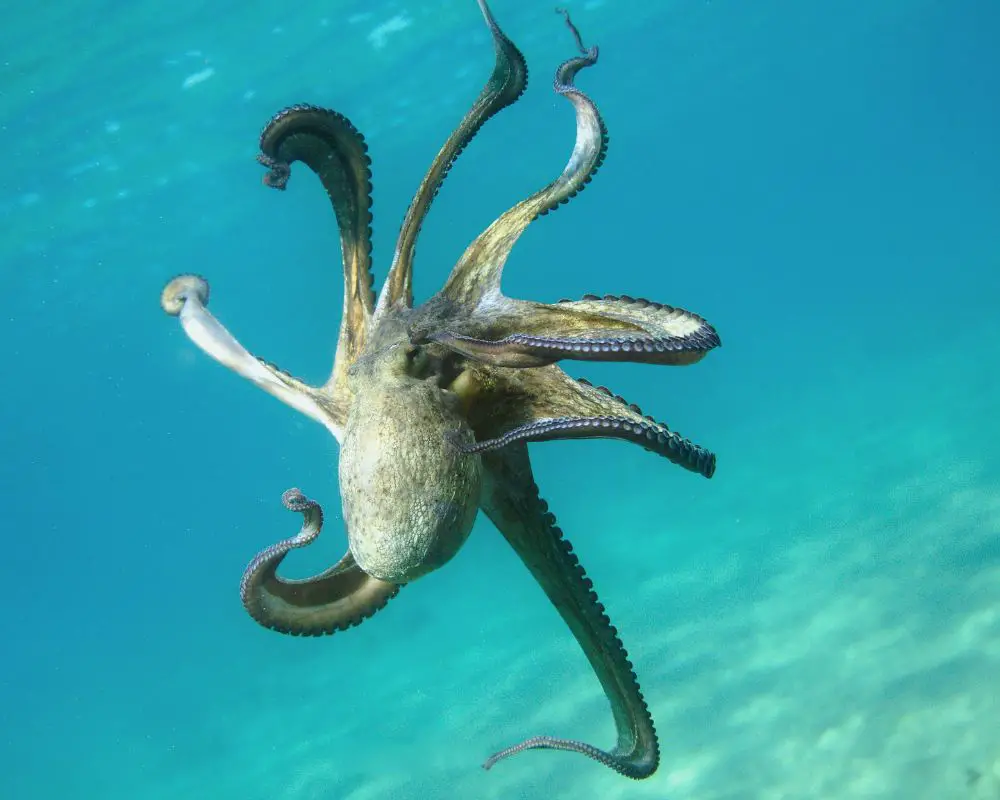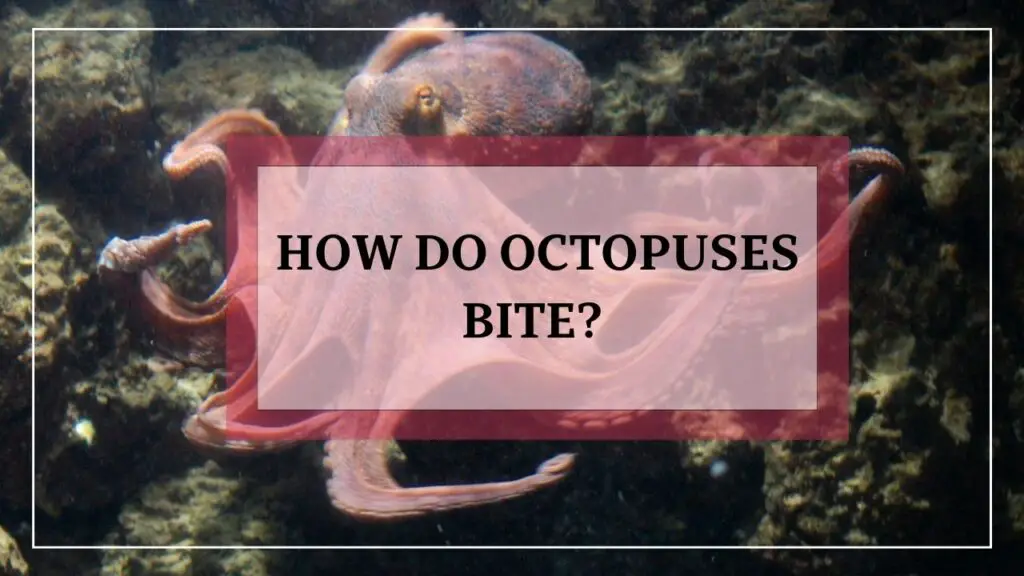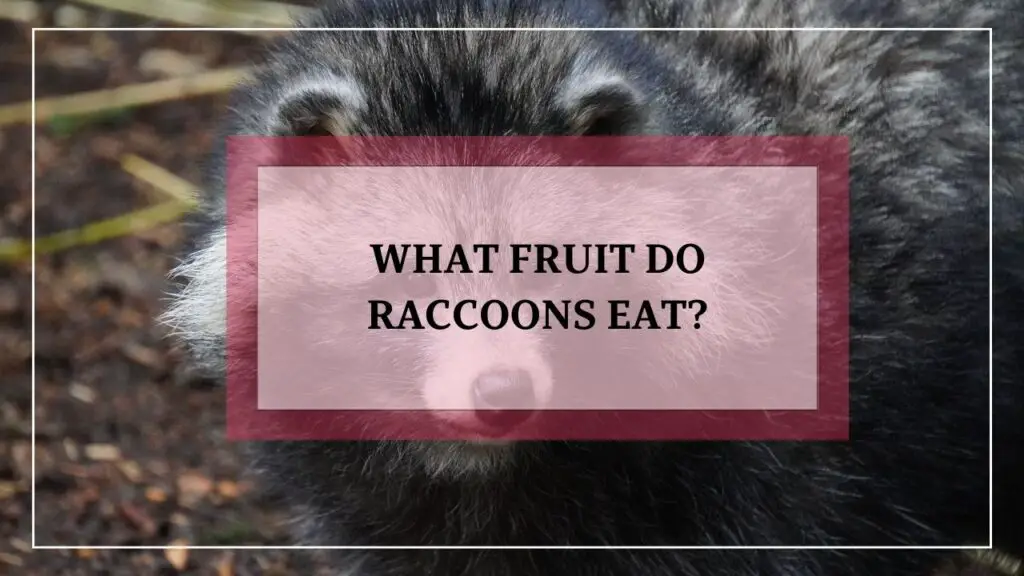Have you ever wondered how octopuses use their special mouths to bite their food? Well, get ready to uncover the secret behind their powerful bites! Imagine you’re swimming underwater, and you spot an octopus gracefully moving through the water. It’s like seeing a superhero in action!
But have you ever wondered how they catch their prey? Today, we’re going to learn all about octopus bites. These clever creatures have special beaks and arms with suction cups to help them grab and bite their food.
Octopuses bite using their hard beaks, located in the center of their mouths. They extend their arms, grab onto their prey using their suckers, and then deliver a powerful bite with their beaks. The beaks help immobilize or ingest the prey.
So, get ready for an exciting underwater adventure where we’ll uncover the amazing tricks of octopus biting! Let’s dive in:
Anatomy of an Octopus Bite

Alrighty, folks! Let’s dig into the fascinating world of an octopus’s mouth and see what makes its bites so unique. Prepare to have your mind blown by their remarkable chompers!
The Mighty Beak
At the heart of an octopus’s biting prowess lies its beak. Picture a tiny, but super strong, hard beak located right in the center of their mouth. It’s like their very own built-in chomping machine!
This beak is no joke, my friends. It’s made of tough stuff, allowing octopuses to crush through shells and tear into their tasty treats. Think of it as their personal nutcracker, but instead of cracking walnuts, it cracks open crab shells!
The Rasp-like Radula
But wait, there’s more! Octopuses have another secret weapon in their biting arsenal called the radula. Sounds fancy, right? Well, this radula is a specialized feeding organ consisting of tiny, rasp-like teeth.
It’s like having a conveyor belt of toothy awesomeness in their mouths! The radula works like a skilled chef’s knife, helping them break down food into bite-sized pieces. With this nifty tool, an octopus can enjoy its meal without worrying about chewing a whole lobster in one go!
The Incredible Suckers
Now, let’s talk about the octopus’s arms. Have you ever noticed those amazing suction cups on their tentacles? Well, those little suckers (pun intended!) play a crucial role in securing their prey for a good, old-fashioned bite. These suckers are like mini octopus superglue! They create a strong grip on their unsuspecting meal, ensuring it doesn’t escape before the octopus takes a satisfying bite. Talk about a handy tool for catching a fishy feast!
So, my friends, an octopus’s biting power is all thanks to its incredible beak, the radula’s toothy talents, and the mighty suckers on its arms. It’s like a high-tech biting machine straight out of the ocean!
The Mechanics of an Octopus Bite
Let’s dive into the thrilling mechanics of how an octopus sinks its teeth into a scrumptious meal. Get ready for a bite-sized adventure that’ll leave you amazed!
Prey Detection – The Octopus’s Super Senses
First things first, an octopus has some seriously super-powered senses to locate its next snack. With exceptional eyesight and a keen sense of touch, they become the ultimate food detectives! Their eyes, like those of a hawk, can spot potential prey from afar. But that’s not all. Their tentacles are lined with tiny, sensitive suckers that can taste and feel their surroundings. Talk about having eyes and taste buds all over their body! They’ve got the perfect combo to spot and track down their next tasty treat.
Prey Capture – Arm Action in Full Swing
Once an octopus spots a delectable morsel, it’s time for action! They swiftly extend their arms, like a sneaky ninja striking its target, and use their trusty suckers to secure the prey. It’s like a perfectly choreographed dance of dinner capture! With those amazing suction cups, an octopus can grab onto the slippery fish or crab in a blink of an eye. It’s a true feat of agility and precision that would put any acrobat to shame![1]
Biting Technique
Once an octopus has a firm hold on its meal, it’s time to bring out the big gun: the beak. Remember that super-strong beak we talked about earlier? Well, it’s time to put it to work! The octopus skillfully uses its beak to deliver a powerful bite, ensuring the immobilization or ingestion of its prey. It’s like a jaw-dropping (pun intended!) finale to the dinner performance!
Jaw Strength
You might be wondering, “How strong are these octopus jaws?” Well, my friends, prepare to be amazed! Despite their soft and squishy appearance, octopuses boast an impressive bite force. Their powerful jaws can exert enough pressure to puncture shells and penetrate the defenses of their prey. Imagine having jaws strong enough to crack open a stubborn walnut or even crush a stubborn crab shell! It’s a testament to their extraordinary adaptability and hunting prowess.
The Purpose of Biting for Octopuses
Alright, my curious companions, let’s sink our teeth into the reasons why octopuses turn to bite. It’s time to uncover the secrets behind their biting behavior and discover why they resort to these choppy antics!
Predatory Behavior
You’re a hungry octopus, and you spot a delicious fish swimming by. What’s a cephalopod to do? Well, my friends, octopuses use biting as a crafty means to capture and subdue their prey. It’s like their dinner bell ringing! With a lightning-fast bite, they snatch up their meal, ensuring that it won’t wiggle away. It’s the hunter’s way of saying, “Hey, fishy, you’re on the menu tonight!”
Defense Mechanism
Now, let’s talk about defense, my friends. Just like us, octopuses have their limits. When they feel threatened or cornered, they’re not afraid to bite back! It’s their way of saying, “Back off, buddy!” If an octopus finds itself in a sticky situation, it can unleash a quick nip to deter potential threats. It’s like their own underwater version of self-defense class! They’re not called masters of disguise and defense for nothing!
Territory Protection
Did you know that some octopuses are mighty territorial? Oh yes, my friends, they take their personal space seriously! When it comes to protecting their turf from intruders, they’re not afraid to resort to biting. It’s like a “No Trespassing” sign with teeth! By delivering a firm bite, they establish dominance and let other octopuses know who’s the boss around here. It’s their way of keeping their home sweet home just the way they like it.
The Aftermath of an Octopus Bite
Alright, my curious ocean explorers, let’s dive into what happens after an octopus sinks its teeth into something. It’s time to explore the potential consequences and outcomes of an octopus bite. Don’t worry, we’ve got you covered!
Toxicity
First things first, let’s address the topic of toxicity. Now, here’s the scoop: While most octopuses are not venomous, there are a few sneaky species out there that possess toxic saliva. But fret not, my friends! The good news is that these cases are pretty rare, and the effects of their toxic bite are usually mild. If you happen to encounter one of these venomous fellas, you might experience some pain or irritation. Consider it a little reminder from the ocean that sometimes, even the cute and cuddly creatures have their tricks!
Human Encounters
Now, let’s talk about the chances of an octopus bite on us humans. Here’s the deal: Octopus bites on humans are pretty rare occurrences. These intelligent creatures generally prefer to keep their interactions with us to a minimum. However, there have been a few documented cases of octopus bites on adventurous souls who got a little too close. For example, there’s the tale of a curious scuba diver who unknowingly invaded an octopus’s personal space, resulting in a surprise bite! But remember my friends, these stories are the exception rather than the rule. Octopuses are usually quite chill when it comes to us, humans.
First Aid
Now, let’s say you find yourself on the receiving end of an octopus bite. What should you do? Well, fear not, my friends, for we have some basic first-aid guidance for you. The first step is to wash the wound thoroughly with clean water. It’s like giving it a little oceanic rinse! This helps remove any potential bacteria that might have hitched a ride with the bite. If the wound seems severe or you’re experiencing persistent pain or swelling, it’s always a good idea to seek medical attention. Remember, it’s better to be safe than sorry!
FAQs
What Happens If An Octopus Bites You?
If you’re unlucky enough to experience an octopus bite, the effects are usually mild. Most octopuses are not venomous, so the bite itself won’t cause any serious harm. However, you might feel some pain or irritation at the site of the bite.
What Does An Octopus Bite Feel Like?
The sensation of an octopus bite can vary from person to person. Some describe it as a sharp pinch, while others compare it to strong pressure. It’s important to note that octopus bites are generally not extremely painful, but they can leave a mark or cause discomfort.
How Do Octopuses Hurt You?
Octopuses primarily use their beaks to inflict a bite. Their beaks are hard and sharp, allowing them to puncture and grip their prey. However, when it comes to humans, octopuses rarely bite unless provoked or feeling threatened. So, as long as we respect their space, we can avoid any potential harm.
How Strong Is An Octopus Bite?
Despite their small size, octopuses can deliver a surprisingly strong bite. Some species have been observed to exert a significant amount of pressure with their beaks. While the exact bite force can vary depending on the species, an octopus bite is generally strong enough to puncture shells and penetrate the defenses of its prey.

Hi, I’m Ali Tarek, the founder of Animalsman. I’ve always been passionate about pets, especially dogs and cats, and I created this website to share practical tips, easy recipes, and helpful care advice for fellow pet lovers. My goal is to make pet care simple, enjoyable, and accessible for everyone. When I’m not writing or curating content, you’ll usually find me spending time with my furry friends or learning new ways to keep them happy and healthy.



